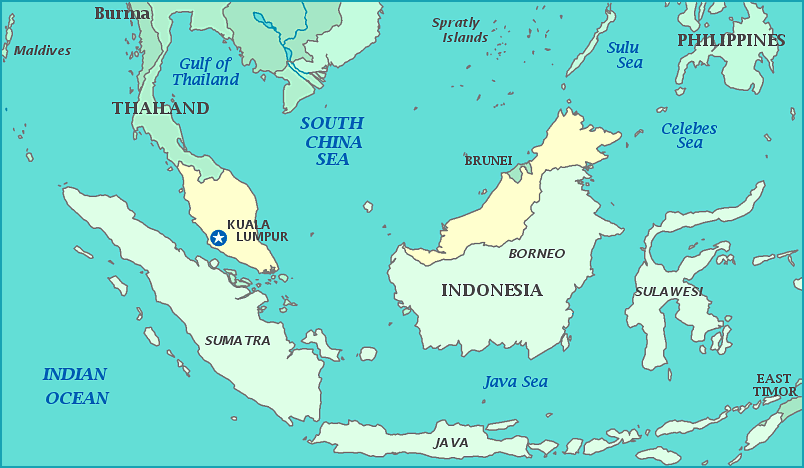Watching your child struggle or face challenges can be tough for any parent. But for helicopter parents, it’s nearly unbearable. Helicopter parenting involves hovering over kids, ready to intervene at the slightest sign of trouble, be it social, emotional, or academic. While this might stem from a place of love and concern, it’s taking a toll on both kids and parents alike.

So, what exactly is helicopter parenting? It’s a style of parenting where caregivers are overly involved in their children’s lives, often controlling every aspect, from activities to decisions. They may correct their child frequently, enforce strict rules, and bail them out at the first sign of difficulty. However, while the intention may be to protect and guide, it can hinder a child’s ability to develop independence and resilience.
As definitions evolve, helicopter parenting has transformed into what some call “intensive parenting.” This involves not just hovering but also investing significant time, money, and energy to ensure a child’s success, particularly academically. In today’s achievement-driven culture, where success is often equated with academic performance, parents feel pressured to micromanage every aspect of their child’s life, fearing that any misstep could derail their future.
Also Read: Essential Nutrition Tips for Ramadan 2024
Helicopter parenting can manifest at every stage of a child’s development. From toddlers to teens, parents may hover excessively, limiting opportunities for children to explore, learn, and grow independently. For toddlers, this might mean never allowing them to fall or interact with other children without supervision. In elementary and middle school, parents may micromanage academics, overschedule activities, and intervene in social conflicts. By high school, the pressure to excel academically intensifies, leading to even greater parental involvement.
The effects of helicopter parenting are profound and far-reaching. Children may struggle with low self-esteem, anxiety, and an inability to make decisions independently. In the long term, it can delay their development, strain family relationships, and even contribute to mental health issues like depression and anxiety.
Breaking free from helicopter parenting requires a shift in mindset. Parents must prioritize their child’s overall well-being over academic achievement, fostering independence, resilience, and effective communication. By trusting their children to navigate challenges and offering support rather than control, parents can empower them to become confident, capable individuals.
Also Read: Designing Homes with Pets in Mind
In the end, while helicopter parents may act out of love, their well-intentioned efforts often hinder their child’s growth and development. By stepping back and allowing their children to experience life’s ups and downs, parents can nurture independence and resilience, laying the foundation for success in the long run.






















